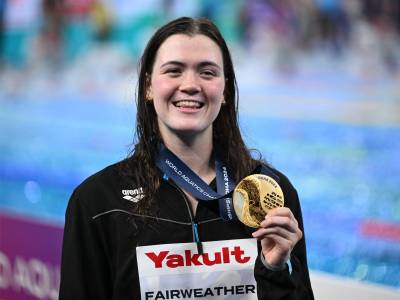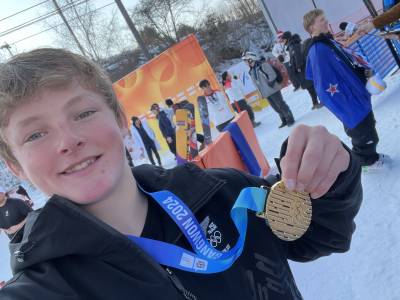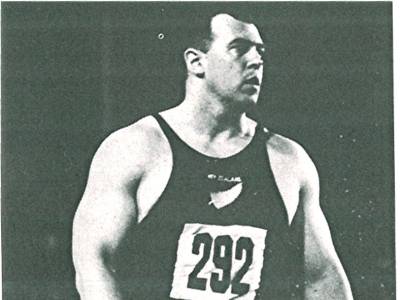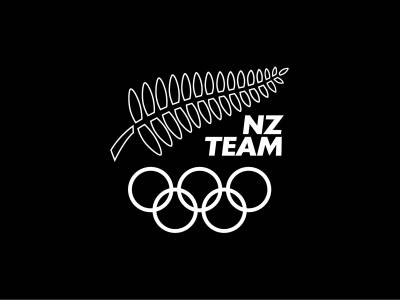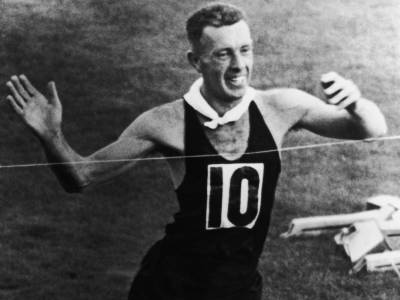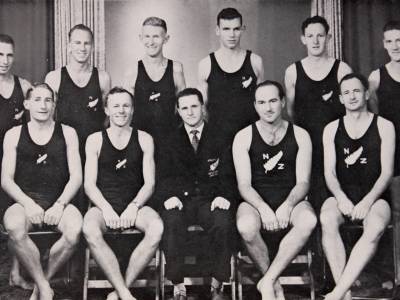Peter Welsh is a bit of a mystery figure in New Zealand sport, one of those athletes who had one truly magnificent day when he was as good as anyone in the world.
Welsh was one of four New Zealand athletes to win gold medals at the 1966 Kingston Empire Games. The others were very well-known – Roy Williams, Val Young and Les Mills. Welsh never gained anything like their fame.
Three years after he won his gold medal, in the 3000m steeplechase, he moved to Toronto and with him it was a case of out of sight, out of mind. He did not return to New Zealand to live until the 1997 and memories of his outstanding day in Kingston had faded by then.
Welsh, born in Dunedin in 1943, also ran for New Zealand at the 1968 Mexico City Olympics, but, in the strength-sapping high altitude, failed to run anywhere near his best. He was sixth in his heat and did not make the final.
The follow year he departed for Canada, where his skill as an orthopaedic specialist gave him opportunities he would never have had at home. He ran a sports medicine clinic in Toronto from 1973-84 and then gained international acclaim as a knee and shoulder specialist. He also wrote books on sports medicine. He and his New Zealand wife, Lynley, had three daughters and raised them in Toronto.
Welsh went to Wakari Primary School, where he was coached by former champion athlete Ossie Johnston. His running progressed well while he studied medicine at Otago University.
Though Welsh ran seventh in the world cross-country championships in Wales in 1967, and was a dominant steeplechase figure in New Zealand for several seasons, it was that one magical race in Kingston that established his reputation, a day when he produced 150 per cent of his best.
“It was a freak race for me,” he recalled. “I over-achieved to such an extent that I ran within 0.6 seconds of the world record.” His time of 8min 29.6s beat his previous best by more than 11 seconds. “I'd run the second fastest steeplechase in history. I don't think I was that good. Perhaps I'd have been looking at a top five placing, something like that.”
He said winning the gold medal had an interesting effect on the rest of his life.
“It showed me that in some circumstances one could perform to that level, but on the other hand it left me feeling it was time to move on with my life, to look for challenges outside athletics. It made me confident I could achieve, but also pushed me into new fields.”
The last lap of the steeplechase final was incredible. “I ran that 460-yard lap in 54 seconds, and that includes four hurdles and a water jump! It sounds ridiculous, but it's true. It was the result of the stimulus of competition, of people pushing me to the extreme.”
Welsh was fortunate that he had a good sprint-hurdling background, so his jumping technique was better than that of his main opponents in that final.
“I could go over the water jump without breaking stride, whereas the Australian, Kerry O'Brien, for instance, had to put his foot on the top of the jump. I could actually run a lap faster with hurdles than without.
“Even so, the last lap was freaky. There were four or five of us together, but I was able to run away from them.”
Welsh said he knew he was in good form in Kingston and eased off his training for the final week, to be at his peak for the race. He said he was fitter and stronger than ever before, and heavier. He knew he was ready.
“O'Brien and Maurice Herriot, who'd won the bronze medal at the Tokyo Olympics, were two of the runners I was most wary of. The Kenyans were just starting to emerge then, too. We were real amateurs in those days. I was studying hard right up till Kingston, and again before the Olympics. You fitted in your training where you could.”
He said the Mexico City Olympics were a frustrating experience. “The high altitude was a terrible factor. I ran 50 seconds slower than I was capable of. It's an awful feeling. You know you're going to reach a point where you'll run into a wall and feel like you're running up and down on the spot, so you go slower to prevent that happening. In the end you finish feeling not too bad physically, but frustrated because you've run so far below your best.
“The Olympics should have been the highlight of my career, but they weren't. That came two years earlier at Kingston. It was strange, though. Not only was Kingston the highlight, but in another sense, it was the end.”
Welsh returned to New Zealand in 1997 and settled in Wellington, practising mainly at Wakefield Hospital, where he became a consultant orthopaedic surgeon with particular interest in shoulder and spine problems and surgery for sports injuries.
Tweet Share
Peter's Games History
-
Olympic Summer Games Mexico City 1968
-
Commonwealth Games Kingston 1966
- 1


